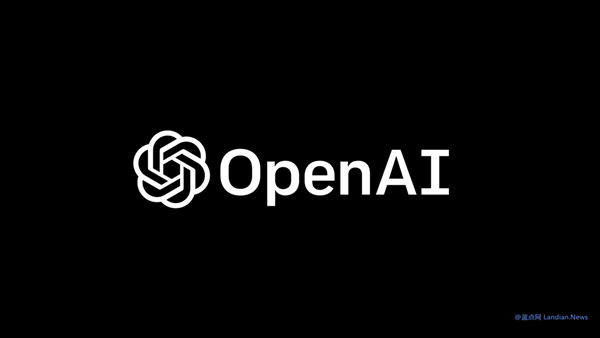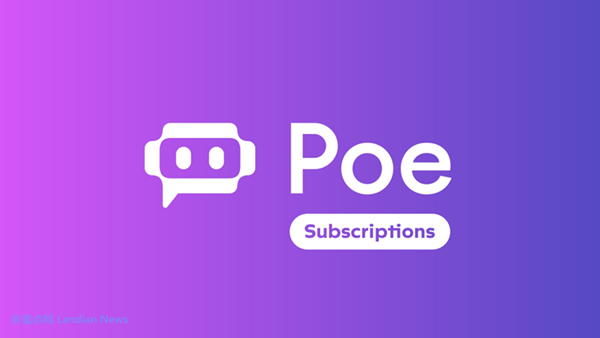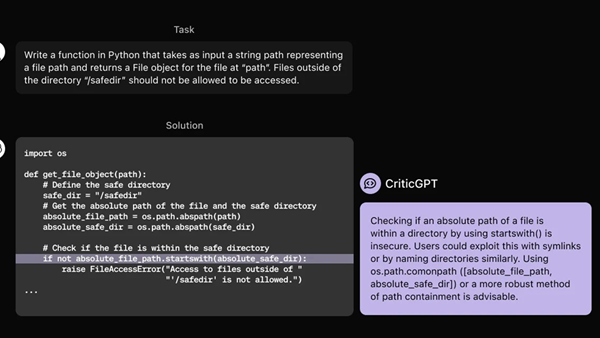Adobe Clarifies Usage Terms: No AI Training with User Content Without Consent
In response to widespread criticism over recent weeks regarding changes to its user agreement, Adobe has issued another update, emphasizing that it will not use content from users' local or cloud storage to train AI models without explicit consent. This move aims to address concerns particularly from corporate users about data leakage risks and copyright disputes.
Additionally, Adobe has revised its confidentiality agreement terms. Previously, the company indicated it might scan users' created files or works, such as PDFs, for various purposes. These clauses have also been modified in the latest update.
The revised terms, which took effect immediately upon their publication on June 18, 2024, seek to clarify potential issues regarding copyright and confidentiality, thereby alleviating users' worries.
Key Changes to the Terms:
- Adobe and its software will not use content stored by users locally or in the cloud to train generative AI models.
- If users actively publish their content or works on the Adobe Stock marketplace, Adobe may use this content to train AI models.
- In terms of confidentiality agreements, Adobe will not proactively scan and inspect files stored locally by users.
- Adobe will conduct proactive or passive scans of content uploaded to the cloud to prevent illegal or abusive content.
- Proactive or passive scanning refers to situations where uploaded works are flagged by the system or reported as illegal content, prompting Adobe to scan them.
- Finally, if users opt into pre-release, beta versions, or Adobe product improvement programs, Adobe may scan their content.
Users installing Adobe software should thoroughly check settings to see if they have opted into product improvement programs. If so, their content might be shared with Adobe. This practice is common across many software applications, where product improvement or user experience programs are often used as a means to collect data, frequently with the default setting being opt-in.
For detailed information on the newly published and effective immediately user agreement, visit: https://www.adobe.com/legal/terms.html
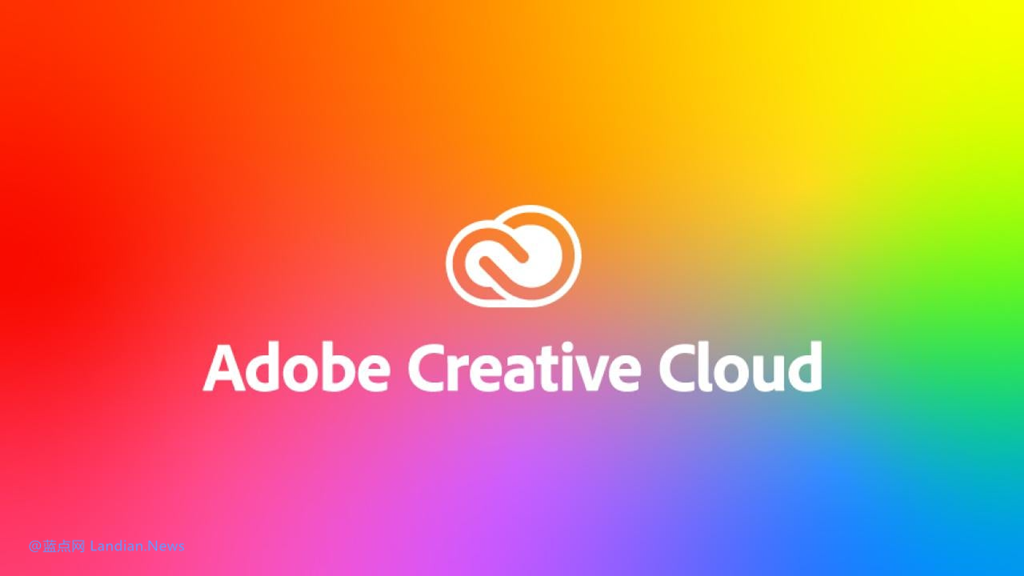




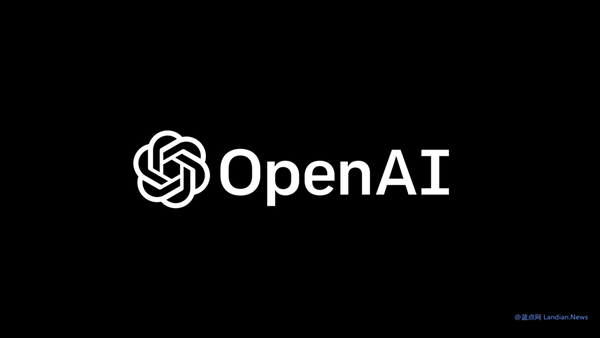
![[Online Tool] Clay Filter AI – Quickly Convert Your Photos into Clay Animation Style (Free)](https://img.lancdn.co/news/2024/05/2049T.png)
